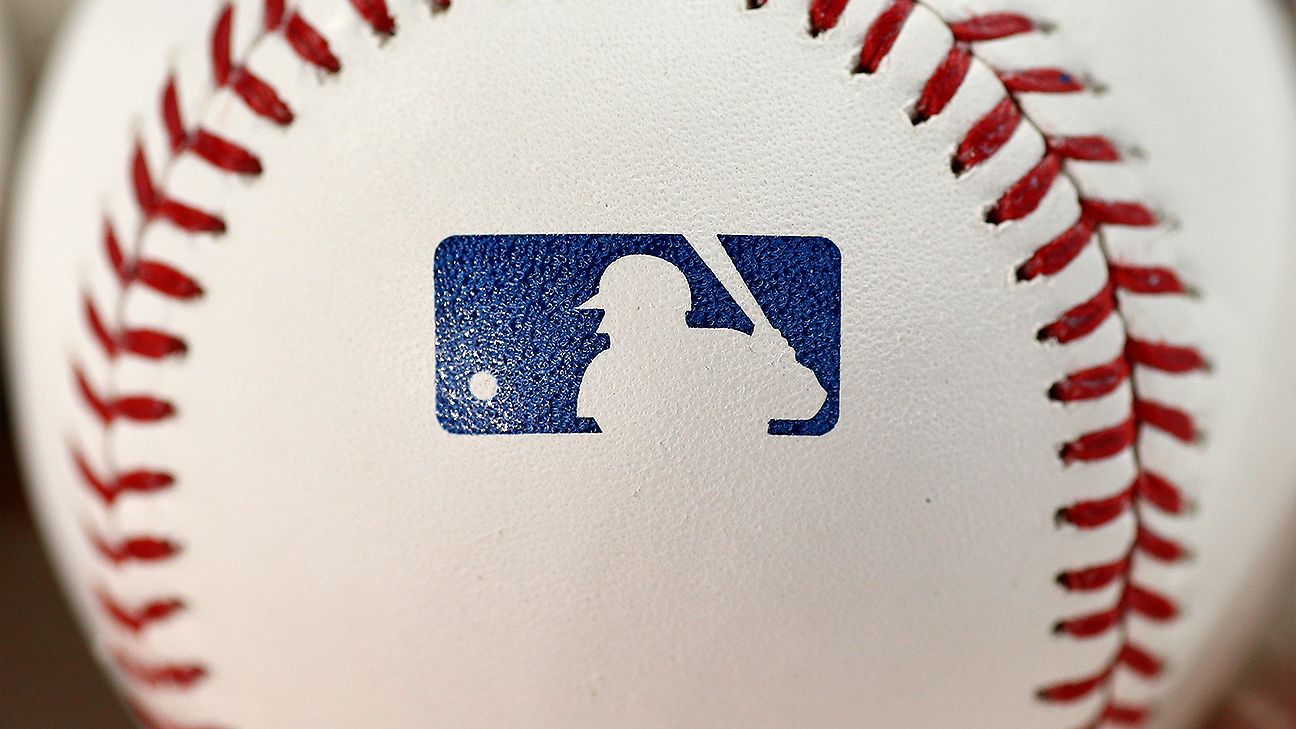Major League Baseball is putting the final touches on a memo that will detail the sport’s rule against foreign substances, with the expectation among some sources that the document will be forwarded to teams sometime in the next few days and presented to coaching staffs and players.
The actual order to umpires to enforce the rule might occur a week later, in the range of June 21. But the elongated rollout and source-driven discussion of the foreign-substance crackdown has been by design, to some degree. MLB’s hope is that pitchers who use foreign substances like Spider Tack and homemade super glues will be scared straight by the public conversation, and stop using.
The sport’s powers, said one source, “do not want to find any violators of the foreign substance.”
Another league source said: “I’m glad you’re writing about this. I glad this is getting a lot of attention. It’d be great if we could get it cleaned up before they actually start enforcing the rule.”
“The enforcement has not started yet because all parties involved want to give pitchers time to adjust.”
Said a third source: “Nobody wants to see suspensions. But it’s going to happen if somebody is found with something.”
According to sources, the foreign substance checks will be designed to work like a DUI checkpoint — with randomness built in, to reduce any pitcher’s possible comfort level with the idea of violating the rule, or applying substances after being checked during a game. There could be something in the range of eight to 10 checks per game, with each starting pitcher being stopped by umpires perhaps a couple of times a game. Position players will also be monitored for substances that might be ferried along to the pitcher on the mound for use — perhaps by rubbing a baseball against a pant leg or belt.
MLB is cognizant of the possibility that the foreign-substance checks might slow down the game, so the umpires may be advised to conduct a lot of this new business as pitchers leave the mound after an inning or outing — during commercial breaks, essentially.
The current foreign substance rule has been on the book for decades, but baseball has effectively operated with a gentlemen’s agreement between managers, players and teams to not ask the umpires to check pitchers because the use of substances was widespread and accepted as standard operating procedure. More benign substances like sunscreen and pine tar have been used by thousands of pitchers in professional baseball industry, with pitchers dabbing at shiny substances in their glove or on the forearm of their gloved hand out in the open. Some hitters spoke through the years of preferring opposing pitchers to have better control, to reduce the possibility of hit batsmen.
But as pitchers have learned to increase the spin rate on their pitches in recent years — some presumably through the use of more acute substances, like Spider Tack — pitching has been increasingly dominant within the game. And this year, batters are being hit at a record rate.
When umpires begin enforcement, players will face possible suspension if found with anything from sunscreen to pine tar to some of the newer substances. The only substance currently legal is rosin, on the pitcher’s hand.
Position players have been driving a lot of the midseason push for change, which is unusual within Major League Baseball. Josh Donaldson has been among the most outspoken about the competitive advantage that foreign substances can give for a pitcher, but Giancarlo Stanton and others have chimed in — and even some pitchers, like the Angels‘ Alex Cobb, have privately or publicly supported change.
“It’s just like the Steroid Era,” Cobb told reporters. “Everybody else was using and if you’re not, you’re living ethically but you’re not going to be around this game very long. I’m glad that guys won’t have to be put in that position.”
The working relationship between the Players Association and Major League Baseball has been tense in these last months before the expiration of the current Collective Bargaining Agreement in December, the inherent distrust reflected in the comments the other day by Pete Alonso, who said it is a “fact” that MLB changes the composition of the baseball in order to affect free-agent markets.
During this process, sources say, there has been little direct contact between MLB and the Players Association; in fact, the communication has been through the umpires’ union.
